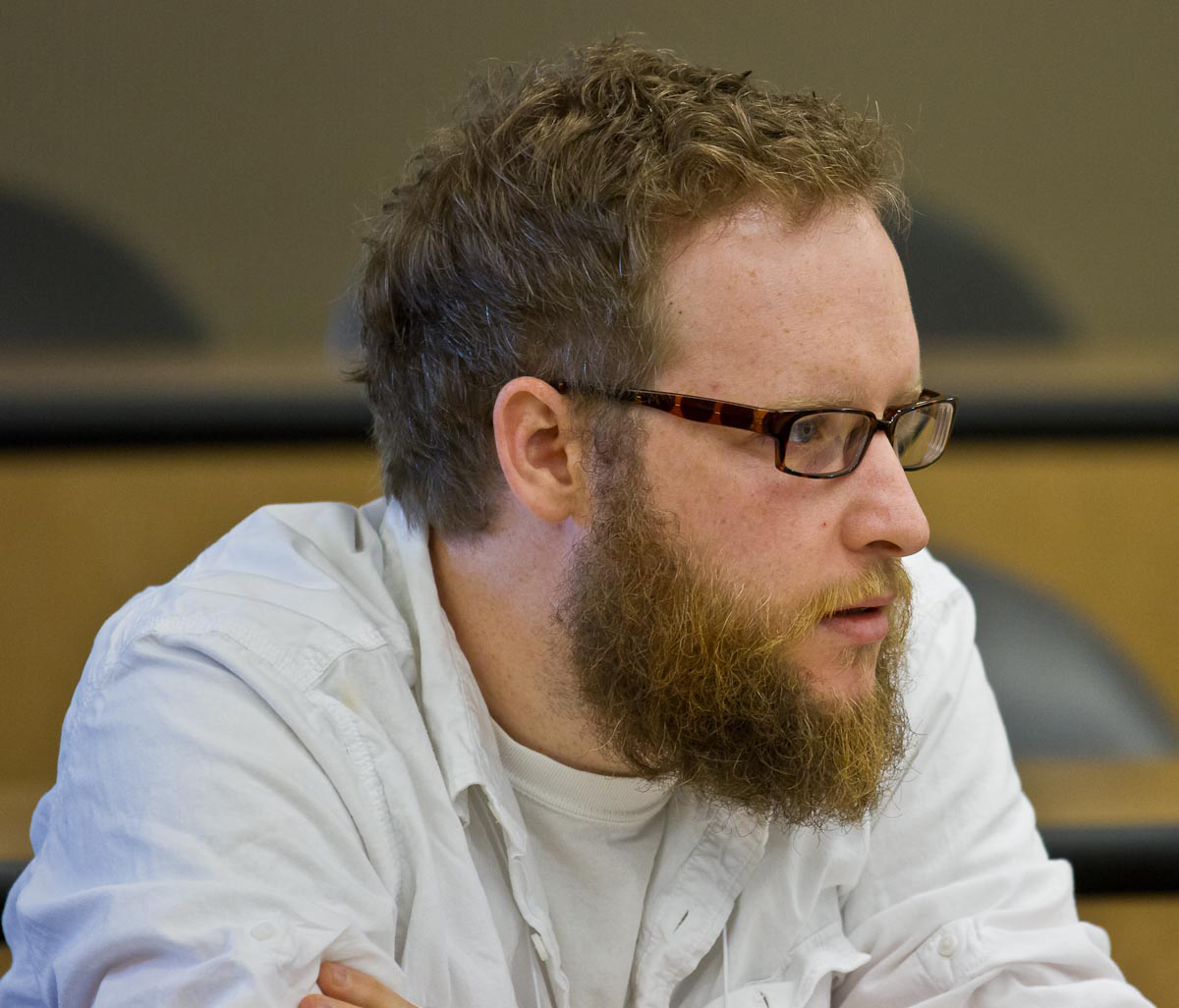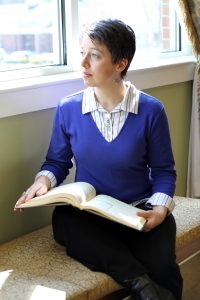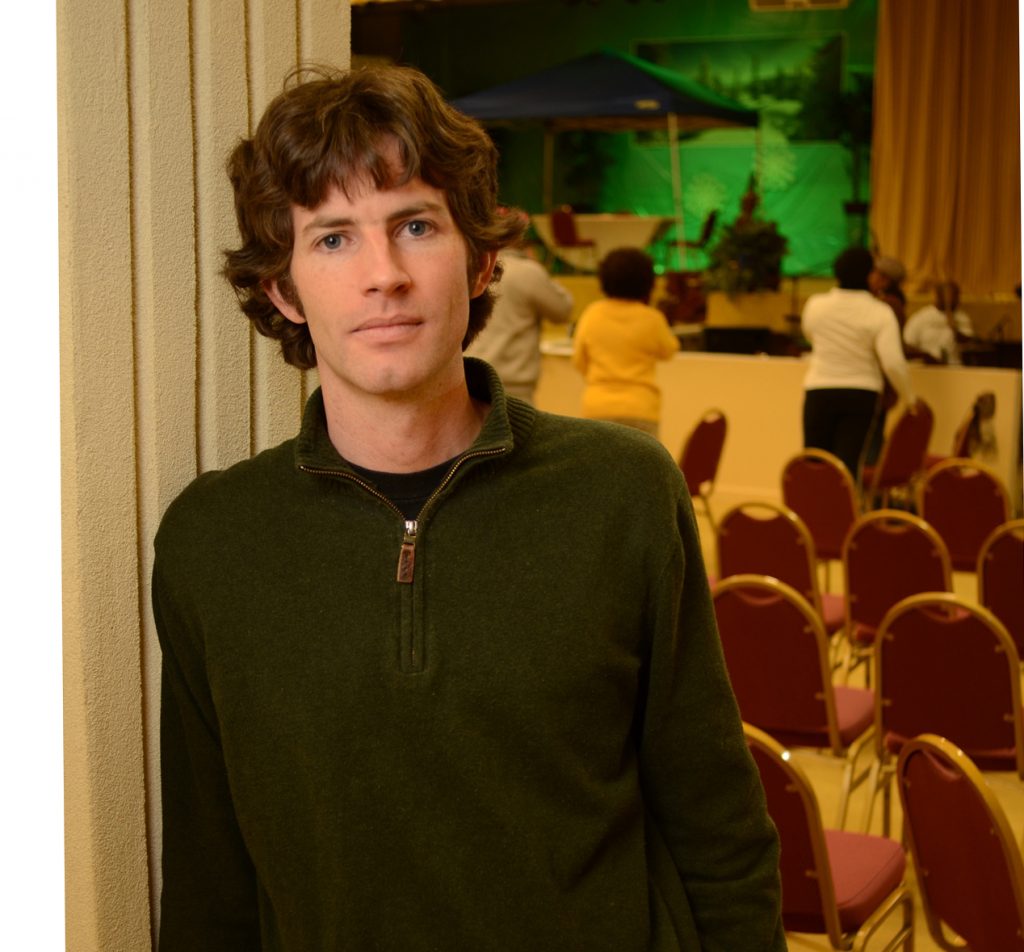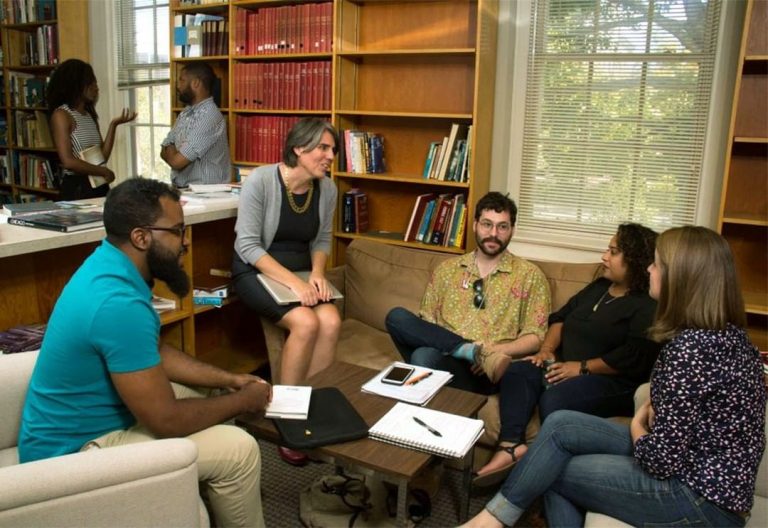
Nathaniel Sharadin, philosophy, and Natalia Suit, anthropology, will start the new academic year with Charlotte W. Newcombe Doctoral Dissertation Fellowships. The two UNC doctoral students were among only 22 nationwide to receive this prestigious award.
Funded by the Charlotte W. Newcombe Foundation, the Newcombe Fellowship was created in 1981. It continues to be the nation’s largest and most prestigious such award for Ph.D. candidates in the humanities and social sciences addressing questions of ethical and religious values.
Each Charlotte W. Newcombe fellow receives a 12-month award of $25,000. Out of nearly 600 applicants for the 2013-14 fellowships, 76 were named as finalists, with 22 fellows ultimately selected. They come from 15 institutions nationwide and include scholars in art, history, literature, foreign language, religion, sociology, anthropology, philosophy, cultural studies, and Middle Eastern and Islamic studies.
Sharadin’s dissertation is titled “Understanding Reasons.” He says of his research: “Reasons are ubiquitous in our evaluative thought and talk: they are what justify our actions and attitudes. My dissertation is an account of what such reasons are. The hope is that a clear understanding of reasons will allow us to think more clearly about domains – such as ethics – where they make an appearance.”
Suit’s dissertation is titled “Qur’anic Matters: Mushaf as Object in Cairo.” She says of her research: “The Qur’an is the message that is carried by a special book called the mushaf. As an anthropologist, I have been studying not only the content of the message but also the concrete practices surrounding this book. I hope my research contributes to a better understanding of the role of the mushaf and technology in Muslim religious practice.”

The other 2013 Newcombe fellows are exploring topics such as the relationship between art and public execution in 18th-century Britain; Iran’s paid kidney donation program, the world’s only regulated and religiously sanctioned program of its kind; the historical and ethical implications of the sourcing of agricultural labor from Mexico and the Caribbean for work in U.S. fields; and the ways in which a transnational ethnic minority in Southeast Asia is using traditional religion to sustain a larger identity.
Over the past three decades, the Newcombe Fellowship has supported just over 1,100 doctoral candidates, most of them now noted faculty members at colleges and universities throughout the United States and abroad.
“The Newcombe Foundation Trustees are deeply gratified that Newcombe Fellowships have had significant positive impact on so many scholars’ professional lives, and that these scholars have made many noteworthy contributions to the scholarship of ethics and religion,” said Thomas N. Wilfrid, executive director of the Charlotte W. Newcombe Foundation.
More information is available on the Woodrow Wilson Foundation website.




